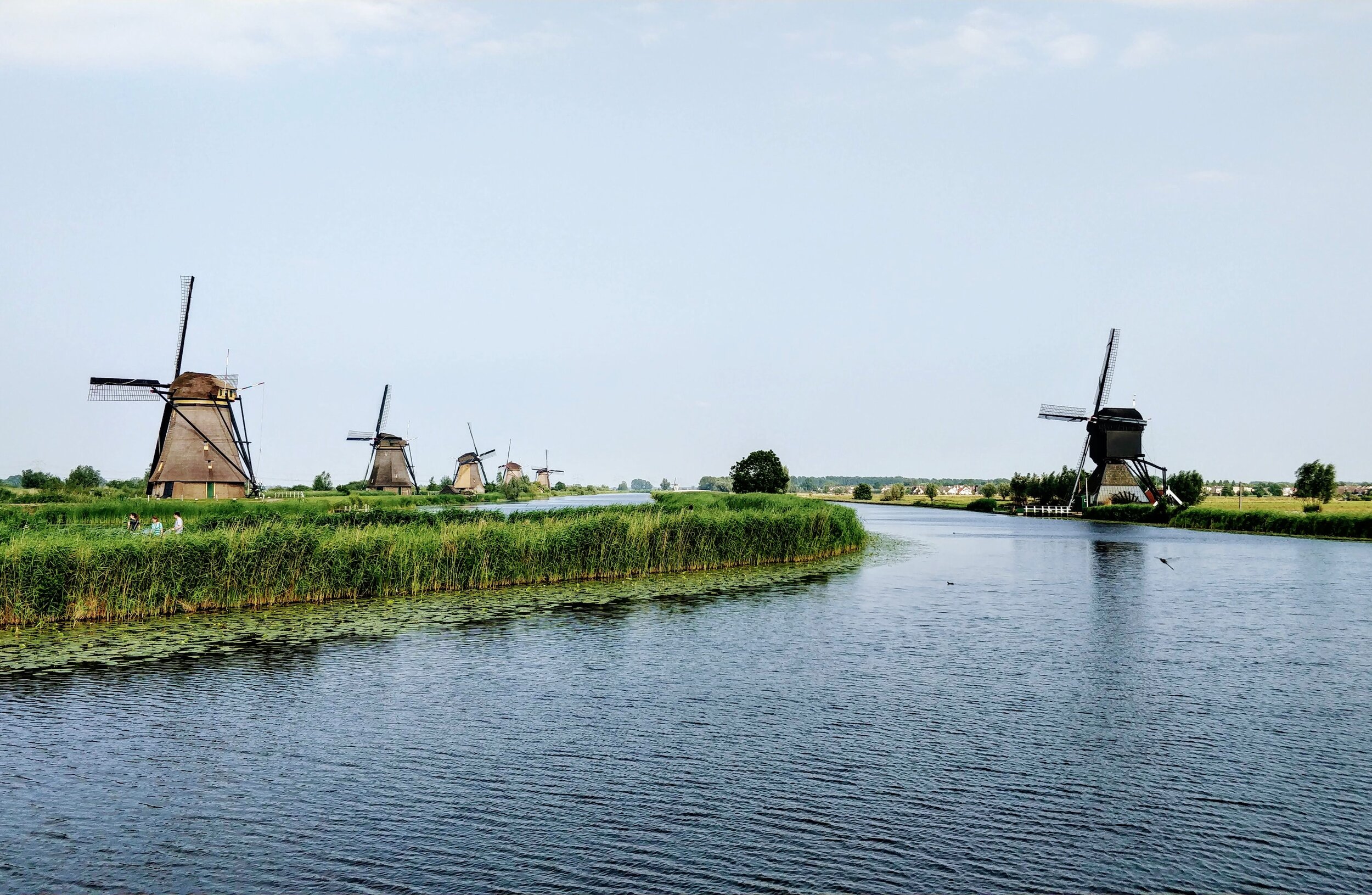
Genever
-
Origins
Genever is the oldest of styles of gin. It was originally created by the Dutch as a way to give patients doses of juniper during the plague. Genever became incredibly popular and eventually ceased being produced as a medicine in the 1600s. During this time, Dutch trading empires were at their peak and Genever became the influence for what we now consider modern Gin made throughout the world - but made famous by the British.
-
Styles of Genever
There are three main styles of Genever:
1) Jonge Genever - the newest style and closest to London Dry Gin. Made of neutral spirit and juniper. Other flavors can be added as well. Has a maximum amount of 15% malt wine.
2) Oude Genever - an older style of Genever than can have between 15-50% of malt wine. It can also have 20g of sugar per litre added to it. Additional flavorings, colors, and oak aging may also be applies.
3) Korenwijn - the oldest style of Genever. It is commonly aged in oak and drinks closer to whiskey than gin. Is made from 51-70% malt wine. It can have up to 20g of sugar per litre added. -
What is it Made of?
Typically, Genever is made of a pot-stilled barley/rye distillate known as “malt wine,” and then has neutral grain spirits blended in. It can then be re-distilled to add with botanicals to add unique and individual flavors at the discretion of the master distiller.
Another important fact to remember is that since there are so few legal rules for producing Genever, many of these spirits and expressions range wildly and are only upheld by local traditions and unwritten laws. -
What Does it Taste Like?
Genever is usually sweeter and richer in nature than other expressions of gin. It may also have a malty/grainy/cereal like texture and flavor compared to all other gins. It may also have a yellowish tint to it, which is common, and tends to be more oily on the palate when drinking it.
-
Where Can it be Made?
Genever can only be made in The Netherlands, Belgium, Northern France, and Northwestern Germany.
-
Legal Qualifications
There are actually few clear-cut legal definitions for making Genever. In fact, the only real rules are that it has to be made in The Netherlands, Belgium, or very specific parts of France and Germany. It doesn’t even have to be to alcoholic!
